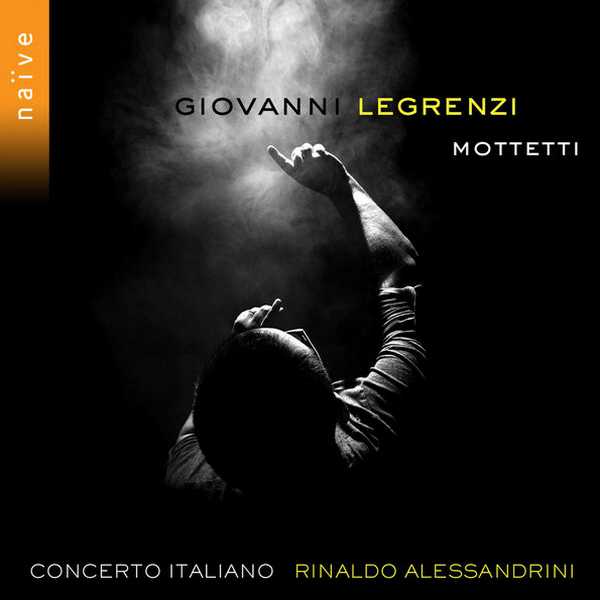

Composer: Giovanni Legrenzi
Performer: Concerto Italiano
Conductor: Rinaldo Alessandrini
Format: FLAC (tracks)
Label: Naive
Catalogue: OP30579
Release: 2023
Size: 1.17 GB
Recovery: +3%
Scan: yes
01. Alma redemptoris mater
02. Albescite flores, virescite frondes
03. Qui non renuntiat omnibus
04. Ave, Regina caelorum
05. Obstupescite caelites, obmutescite angeli
06. Quis ascendit in montem sanctum Sion?
07. Letanie
08. Exultemus omnes et laetemur, filiae Ierusalem
09. Adoramus te, sanctissimam crucem
10. Regina caeli laetare
11. Expergiscimini mortales, surgite a somno
12. Venite omnes, currite populi
13. Salve Regina, mater misericordiae
Rinaldo Alessandrini and Concerto Italiano dedicate their new album to the motets of Giovanni Legrenzi (1626-1690), a very influential composer of the seicento, and a reference even after his time in Italy. The name Giovanni Legrenzi, almost contemporary with Carissimi and Lully, is largely unknown today. And yet his reputation during and after his time, far exceeded the walls of Saint Mark’s in Venice, where he officiated from 1685 until his death: his numerous pupils included Lotti, Caldara and Vivaldi, his themes were borrowed by Bach and Handel, and he composed in all musical genres, instrumental and vocal, sacred and profane.
It is from these four publications devoted to the motet in Legrenzi’s lifetime that Rinaldo Alessandrini has drawn the pieces for this new programme.
This intimate repertoire, in which each voice is a solo part, is typical of the style: in Latin, alternating from prose to poetry without necessarily keeping to biblical content, the thirteen motets are here sustained, as often in the stile moderno, by a discreet continuo.
The faithful Sonia Tedla (soprano), Elena Carzaniga (contralto), Valerio Contaldo and Raffaele Giordani (tenors) and Salvo Vitale (bass) share the vocal lines. Their management of phrasing and polyphony, in one breath, but richly varied, is ideal for these sacred works imbued with a serene, sometimes exultant, feeling of hope.
The variations in numbers, from two to five voices, the rich style playing on echoes or parallelisms, and the subtle dosage of intensities inspire almost theatrical contrasting dialogues, always focused on expression and meaning. The final Salve Regina, suspended in time, with its magnificent close harmonies and sibilant consonants, concentrates all these qualities in itself, as a powerful and sensual work in its own right.



